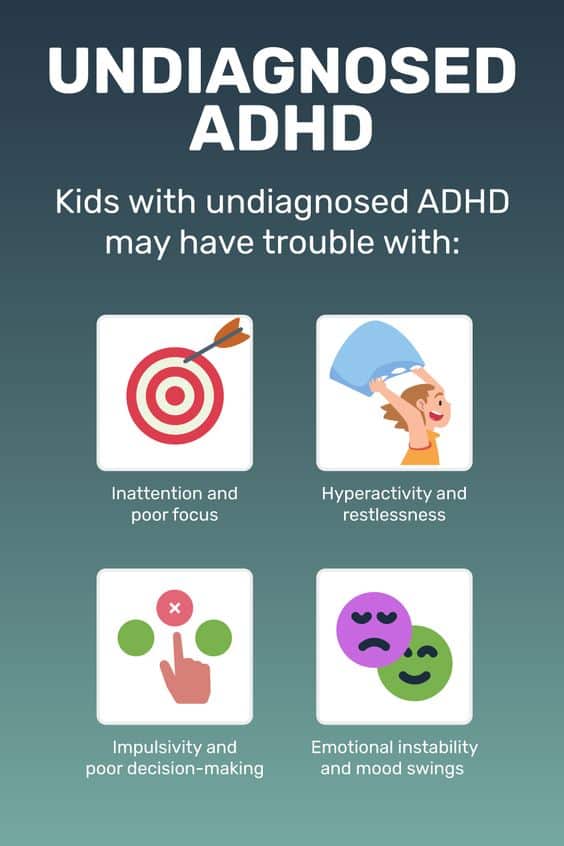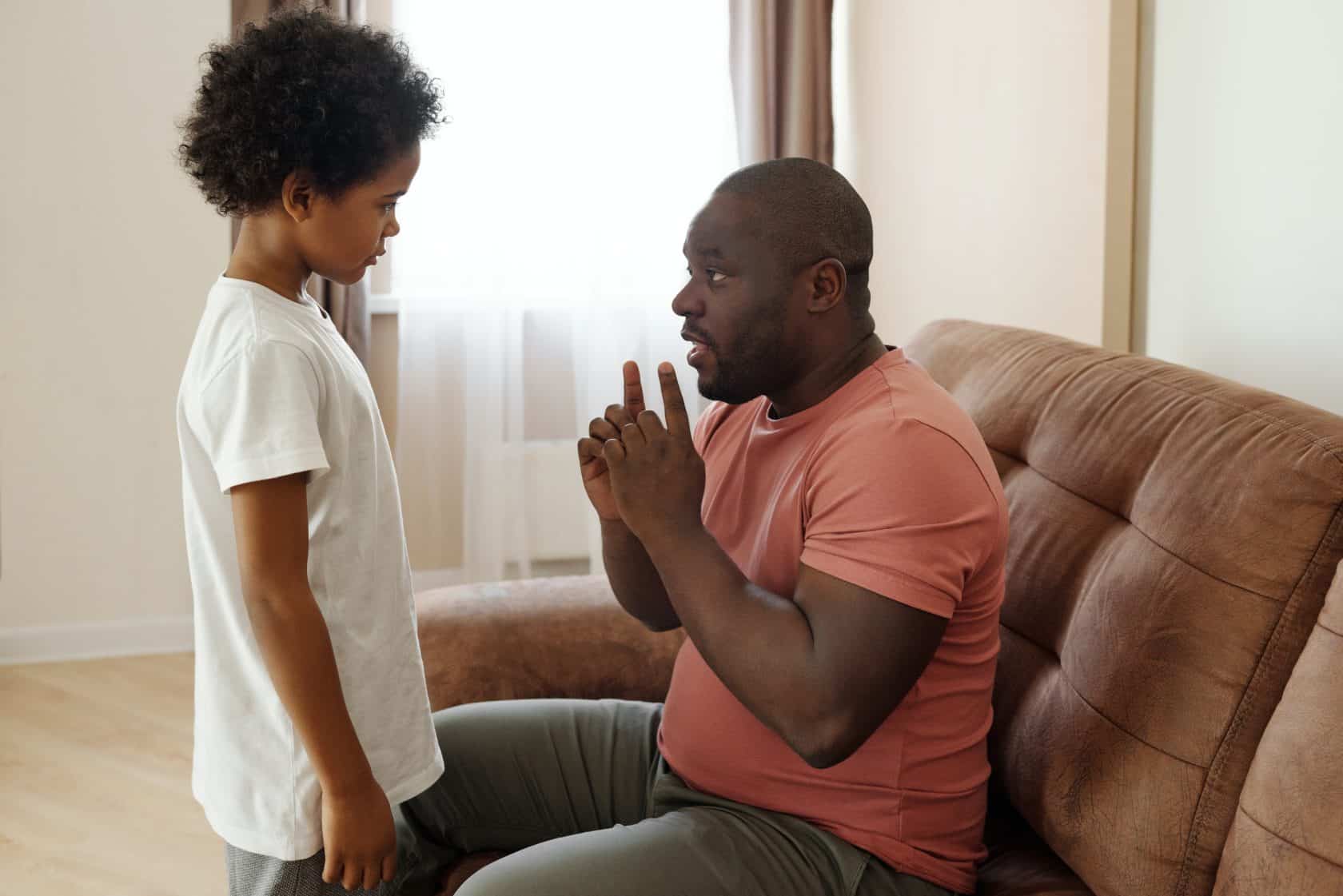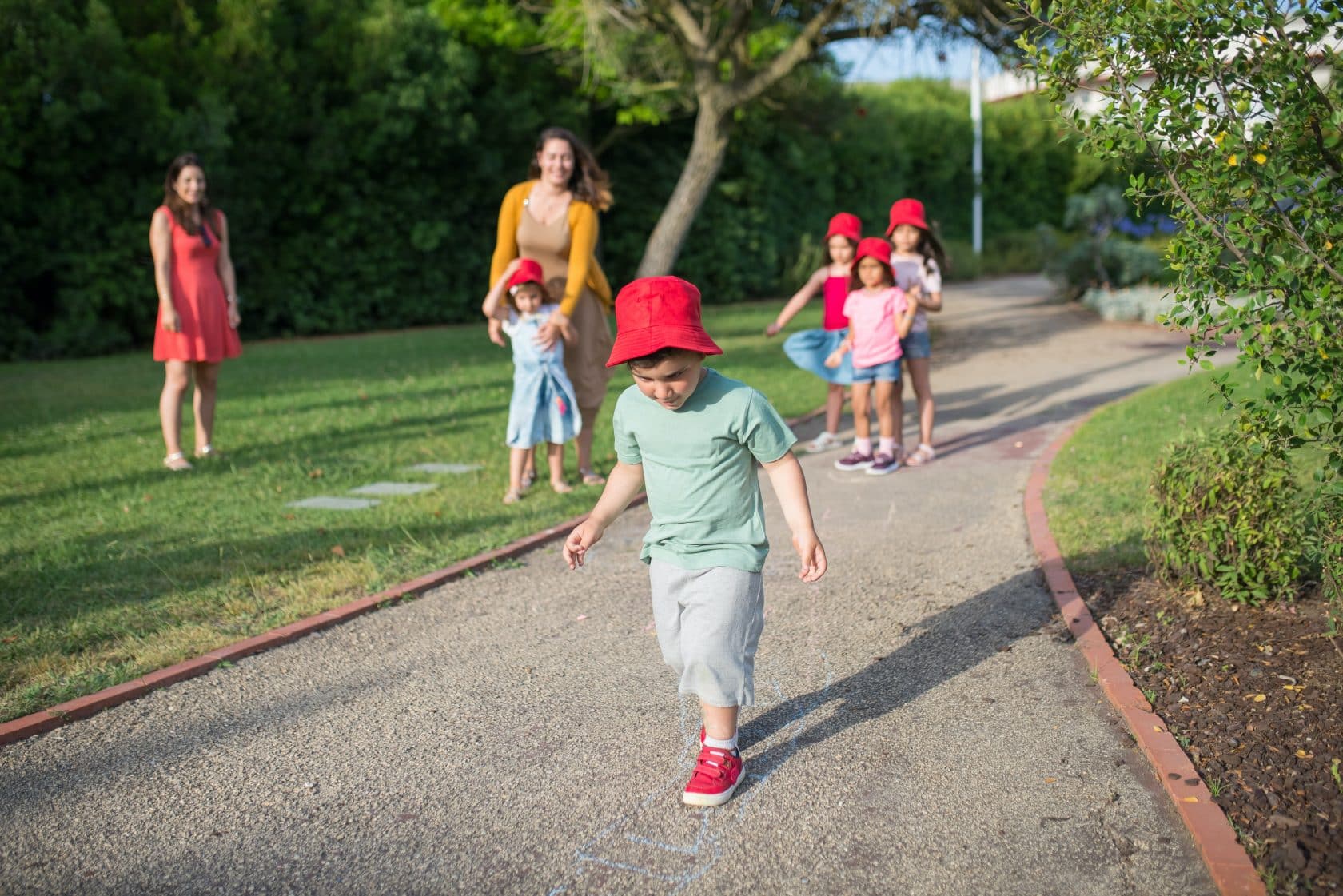Social Skills Training (SST) works by providing individuals with targeted instruction and practice to improve their social interaction abilities. Here are some examples of how SST is implemented and its benefits:
- Skill instruction: SST teaches specific social skills like starting conversations, maintaining eye contact, and expressing emotions appropriately.
- Role-playing exercises: Participants engage in simulated social interactions, allowing them to practice the newly learned skills in a safe and supportive environment.
- Group setting: SST is typically conducted in a group format, enabling individuals to learn from each other’s experiences, share perspectives, and receive feedback from peers and a trained therapist.
- Automaticity development: With practice and repetition, the skills learned in SST become more automatic, making social interactions feel more natural and effortless.
- Confidence and comfort enhancement: SST aims to boost individuals’ confidence and comfort in social situations, helping them feel more at ease and confident when engaging with others.
- Improved relationships: By acquiring and applying effective social skills, individuals can enhance their relationships with others, fostering better connections and communication.
Through practice, these skills become automatic, allowing for more comfortable and successful social interactions. Goally, our tablet product, supports kids with Social Skills Training (SST) through fun apps that foster life and language skills. With digital visual schedules, AAC communication tools, gamified learning, and social skills training videos, Goally aids in developing social interactions, emotional regulation, and positive behaviors.
This post was originally published on Feb. 16, 2023. It was updated on July 12, 2023.










